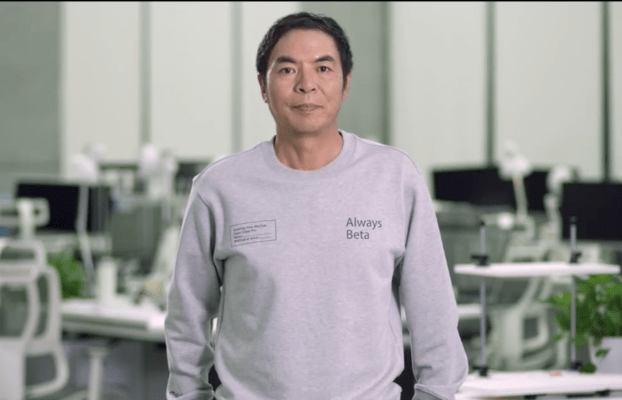Products You May Like
Over the last few days, my WeChat has been inundated with people reminiscing about the first post they ever published on the app’s newsfeed, which marked its 10-year anniversary this week.
The newsfeed feature, called Moments, is like a social network that lives within the WeChat super app. Unlike many other social networks, which either die down over time or have fallen from grace among their original users like Facebook, Moments has managed to stay relevant.
Indeed, 780 million users were on Moments every day, among whom 120 million were actively posting content, according to an annual speech delivered by Allen Zhang, the creator of WeChat, in January 2021. At its scale, Moments is one of China’s largest social networks despite not being an independent app. People use it to record daily musings, promote business, find out what their old colleagues are up to, watch a live concert (of Westlife!), share news, and in times of emergency, deliver useful information to those in need.
It’s hard to overstate the role this seemingly simple feature plays in WeChat’s success, let alone the product philosophy and business logic behind WeChat that it encapsulates.
WeChat is aptly called a “super app” because each of its major features works like a full-on app, albeit with stripped-down functions: WeChat Pay (PayPal), short videos (TikTok), messaging (WhatsApp), official accounts (Medium and Facebook Page) and Moments (Facebook News Feed).
A year after its messenger went live in 2011, WeChat introduced Moments. Like Facebook’s News Feed — which is arguably its closest Western equivalent — it features a scrolling chain of text, photos, articles and videos shared by a user’s contacts.
Moments’ longevity partly stems from the fact that it’s prominently featured on an app with near-ubiquity in a country with 1.4 billion people. As of last September, WeChat had more than 1.2 billion monthly users who use it to chat, read news, watch funny videos, order food, book hospital visits, pay utility bills — you name it.
WeChat has also in recent years built a thriving third-party lite-app ecosystem that is akin to an operating system that runs within the app, potentially challenging mobile app stores and fostering a walled garden. But the garden is under increasing pressure to crack as China targets monopolies in the tech industry.
The other critical factor, some argue, is that Moments has remained largely in its pristine form. Allen Zhang is often applauded for keeping Moments posts in chronological order, free from the disruption of algorithms that try to predict which friend’s update a user wants to see.
Moments is also relatively ad-free — scroll down 10 posts and a user might find one unintrusive ad. That in part is thanks to other money-making businesses within WeChat, such as its mobile payments solution, that take some pressure off the networking feature to monetize people’s attention.
Moments isn’t without challenges. Ubiquity is also its curse. Many users now have thousands of contacts on WeChat because the app is widely used for work on top of social needs. Many users may not want to share their decade of stories with a stranger they have just politely added at a networking event.
Seeing the demand for more privacy, in 2017, WeChat began allowing users to hide their Moments feeds or make them visible for only a certain period of time. The move was a hit. In a speech in early 2021, Zhang said an estimated 200 million users had made their Moments feeds visible for only three days.
So long as WeChat keeps on inventing and listening to users, Moments will keep on attracting loyal followers.
